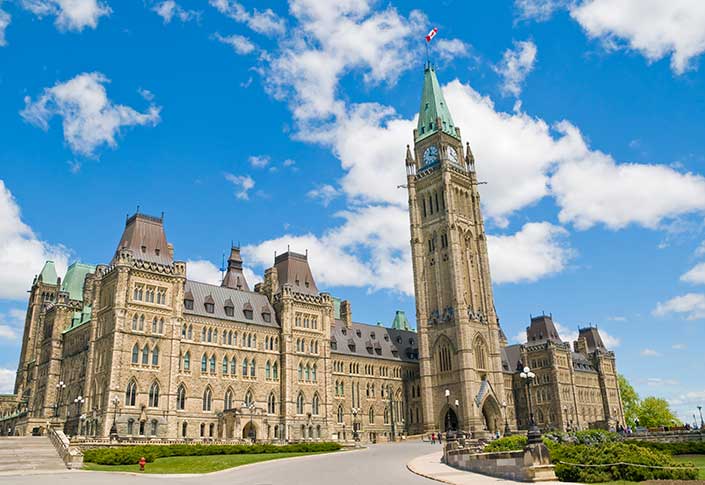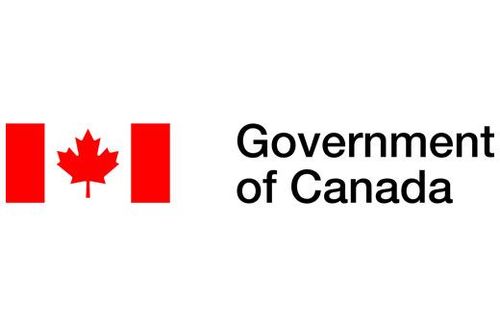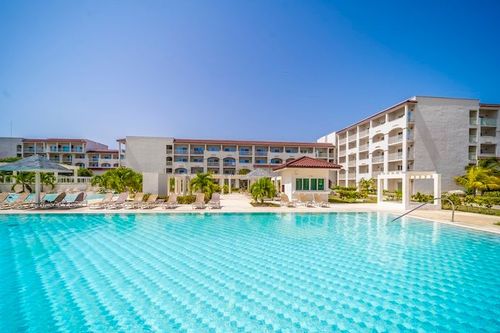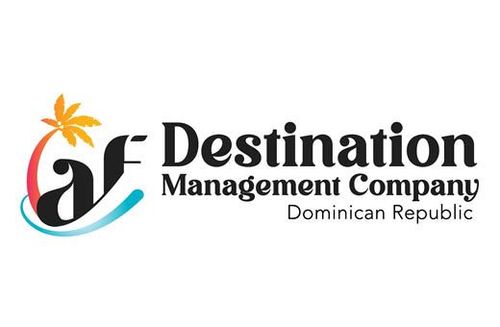Where travel agents earn, learn and save!
News / Anyone with plans to travel this winter, “cancel your trip”, says Trudeau
“this is not the time to be travelling abroad”

January 19 - Asked again today about stronger measures restricting travel during the pandemic, Prime Minister Justin Trudeau said the federal government “could impose new restrictions without advance notice at any time”, adding “this is not the time to be travelling abroad”.
He told Canadians that if they have plans to travel this winter, “cancel your trip.”
“It’s not worth catching COVID-19 and bringing it back to Canada,” he said. “Once again, we’re asking Canadians to not leave the country.”
Trudeau said that while the federal government is aware that freedom of movement is protected under Canada’s Charter of Rights and Freedoms, “we have the obligation and the right to impose very strict measures” to keep Canadians safe, and said “if need be we will impose further measures.”
It was the strongest language yet used by Trudeau to suggest that stronger restrictions could be coming as Canada heads into two more months of winter, at least, typically the time that most Canadians head south to get away from the snow and cold.
However he also noted that Canada’s strong travel restrictions already in place “are not only there to discourage travel. They’re also measures to ensure Canadians will be protected.”
“We strongly recommend that no one take non-essential trips,” Trudeau said this morning. “We will make further decisions if necessary.”
Last Friday Trudeau refused to rise to the bait of reporters asking about a nation-wide travel ban, saying that the government would monitor new variants of COVID-19, especially from Brazil, after a lockdown on flights from the UK in recent weeks because of the COVID-19 variant outbreak there.
And B.C.’s travel and tourism industry is speaking out against a potential travel ban on inter-provincial, non-essential travel, in the wake of reports that B.C. Premier John Horgan has been looking into the legality of limiting inter-provincial travel for B.C. residents.
At today’s briefing, Trudeau was asked by a reporter to clarify his position on Canada’s travel restrictions, already among the strictest in the world with the PCR test requirement in effect since January 7, and the 14-day mandatory quarantine in place since mid-March 2020 when the pandemic started.
“Is it a warning? Is it a threat?” the reporter asked about the federal government’s position on avoiding all non-essential travel amid higher COVID-19 numbers this winter.
Trudeau wouldn’t qualify his government’s position on travel, but reiterated the measures already in place, and saying “we are always prepared to add additional measures.”
Could the Federal Government Brig in a Travel Ban?
It’s clear some Canadians favour the idea of travel bans – even with the 14-day quarantine and PCR test requirement already in place, and despite the fact that the rate of in-flight transmission is extremely low.
Travelweek asked lawyer and travel industry legal expert Doug Crozier whether or not a travel ban would be possible.
As Trudeau noted today, freedom of movement is a constitutional right for all Canadians, as outlined in Section 6 of the Charter of Rights and Freedoms: ‘Every citizen of Canada has the right to enter, remain in and leave Canada.’
Crozier says some parts of the Charter are subject to the ‘notwithstanding clause’, found in Sec. 33. That clause allows a government (provincial or federal), for renewable five year spans, to override what might otherwise be a fatal flaw in its legislation that is not compliant with the Charter.
Sec. 6 is not one of those sections, says Crozier. Sec. 6 cannot be overridden by the notwithstanding clause.
However, says Crozier, all of the Charter is subject to its first section, Sec. 1, which says: ‘The Canadian Charter of Rights and Freedoms guarantees the rights and freedoms set out in it subject only to such reasonable limits prescribed by law as can be demonstrably justified in a free and democratic society.’
Crozier says that in theory, a government (provincial or federal) could make an argument that a COVID-caused restriction on Section 6 mobility/travel rights is one of those “reasonable limits … as can be demonstrably justified in a free and democratic society”.
The argument would be along the lines that the best interests of Canadians lies in restricting their mobility/travel rights for a specific period and/or in particular ways, in order to be better able to cope with the consequences of COVID, he says.
If a government (Trudeau’s nationally, or Horgan’s in B.C.) was convinced that such an argument could be made, both:
• Legally, in the Courts
• Politically, in the minds of the electorate
it could use Section 1’s wording to limit the Section 6 mobility rights that, on their face, are guaranteed, says Crozier.
Summing up: a complete travel ban is not likely, but unfortunately, it’s not impossible.
Source: Travelweek
More Travel News:
WestJet’s 737 MAX: Behind the Scenes
Emirates to become one of the first airlines globally to trial IATA Travel Pass
Etihad Airways one of the first airlines globally to launch IATA Travel Pass
IATA urges support for common European Digital Vaccination Certificate









